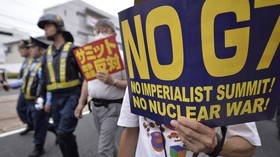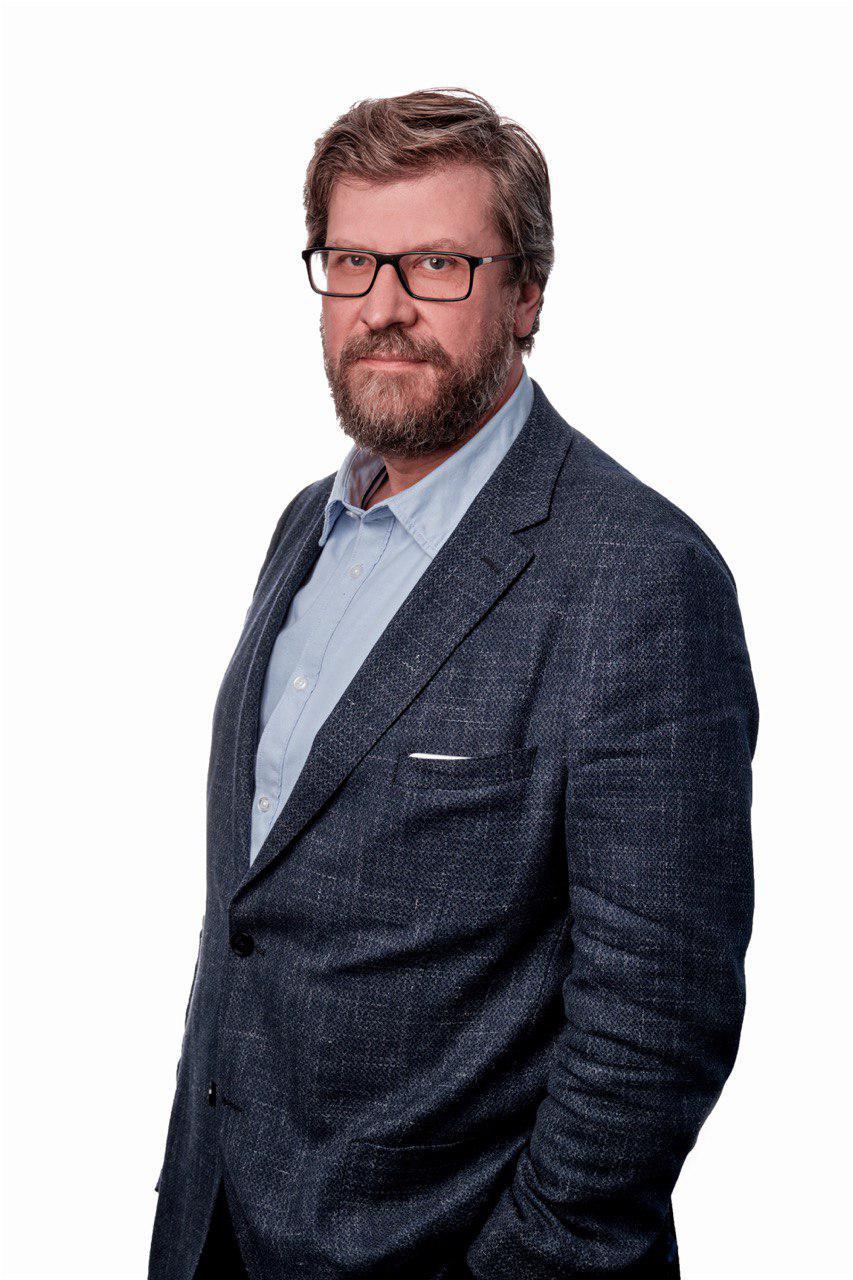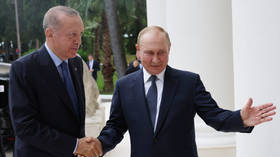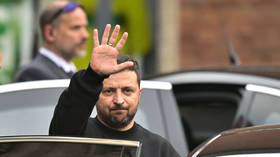Fyodor Lukyanov: G7 members want the rest of the world to join their crusade against Russia and China. They won't succeed

On the eve of the final round of Turkey’s presidential election, the suspense has worn off.
After the third-placed candidate from a fortnight ago, Sinan Ogan, announced his support for the incumbent, President Recep Tayyip Erdogan’s chances of gaining the extra 1.5% he needed for victory increased.
However, the reality is that the contest would never have attracted so much attention had it not been for the efforts of commentators – especially in Western Europe and the US – to present it as an almost civilizational choice.
In this version, Erdogan’s opponent – the elderly, well-mannered Kemal Kilicdaroglu – has been positioned as symbol of Western-style democratic development. Meanwhile, the current president is the embodiment of a return to the past.
This narrative is illustrative and typical. The more complex the world around us, and the more often it rejects previous patterns, the greater the desire to fit it into a simple and understandable format. Ideally, that format would be one of contrasts. In this case, a modern democrat, striving for good, is supposed to be facing off against a vicious and backward-looking authoritarian. The desire for simplification is not only humanly understandable, but also has its uses. Decision-makers need some kind of easily digestible picture. In a sense, it is better for them to have it than not to have it, even if it is wrong.
One is reminded of American journalist Thomas Friedman’s international bestseller of the late nineties, ‘The World is Flat’. At the time, he was referring to the coming together of everything and everyone in the context of globalization. But nowadays the metaphor needs altering. Today, the message should be somehow simpler and even flatter, because otherwise there is no way for people to grasp the frightening multidimensionality that abounds.
Such an approach is characteristic of contemporary international relations, and from there it spills over into the domestic politics of every country. That said, within states themselves everything is more closely understood, so real world factors are still important. On a global scale, however, the situation is more ambiguous.
The recent G7 summit in Hiroshima was a powerful illustration of the efforts being made to fix, if not cement, this very two-dimensional scheme at the global level. This is perhaps the first time that Russia and China have been given essentially equal status – as adversaries and major threats to the world that the US-led bloc represents. The organizers were very serious about widening their circle of sympathizers – with many of the major states of the non-Western world receiving invitations: India, Brazil, Vietnam and Indonesia. Joining them were the heads of major international organizations.
Ukrainian President Vladimir Zelensky was the main guest, and this was noteworthy. His country’s issue is becoming, as the saying goes, a ‘rallying point’ for a community that considers itself to be ‘on the right side of history.’
Indeed, here is a curious detail: The Japanese press wrote that, after the summit, their Prime Minister Fumio Kishida was considering calling early elections because the success of the event, especially the arrival of the Ukrainian leader, had boosted his party’s ratings. In other words, Zelensky has managed to become a factor in the domestic politics of a country far removed from Ukraine.
The need for a strong, personal, unifying motif is clear. In the absence of such elements, these communities tend to disintegrate because the world is not really two-dimensional. It is not only diverse, it is actually fragmented by interests, perceptions and agendas, and it needs maximum flexibility to respond to increasingly diverse challenges. It is very difficult to maintain cohesion without heavy artillery, both figuratively and, unfortunately, literally.
What should those against whom this consolidation is targeted do? Probably the opposite, i.e. they should aim to maximize the diversity of their connections and their options for development, and insist on the right not to make final and irrevocable choices about joining one bloc or the other.
The good versus evil dichotomy is understandable and morally appealing, but in most cases irrelevant to the real international process. And the G7’s attempts to draw India, Brazil and others into its orbit on this basis will not be effective.















